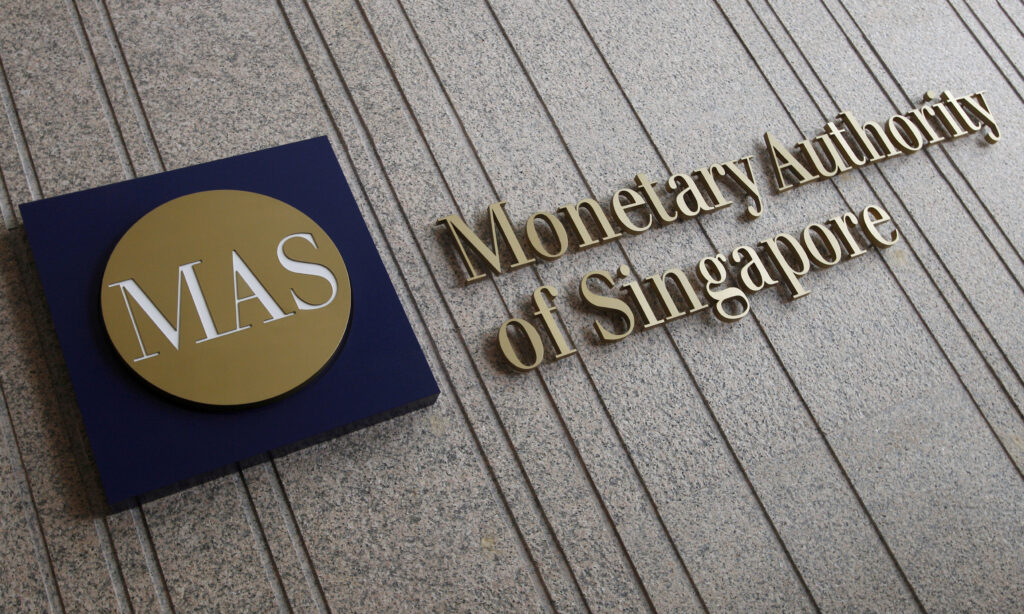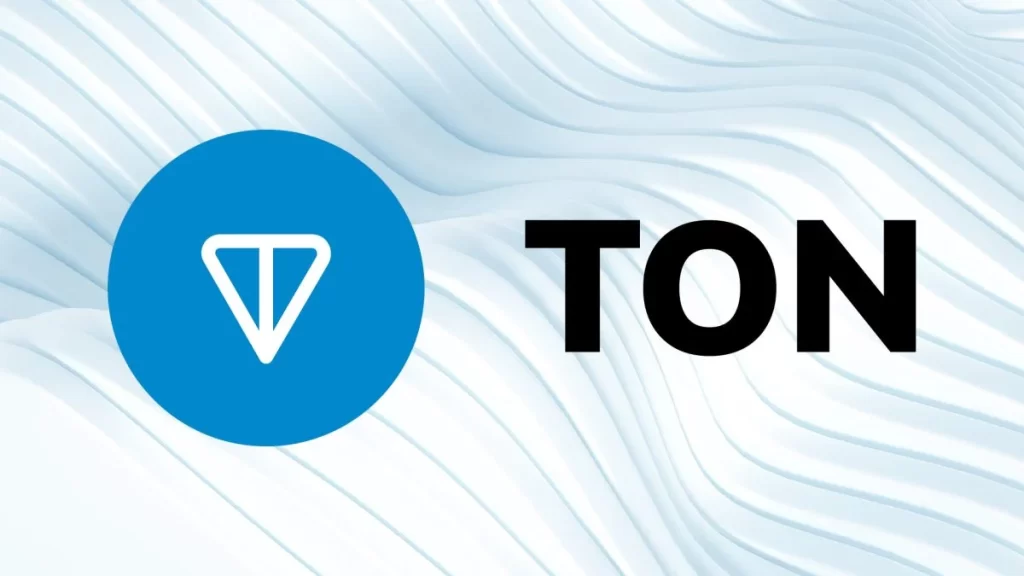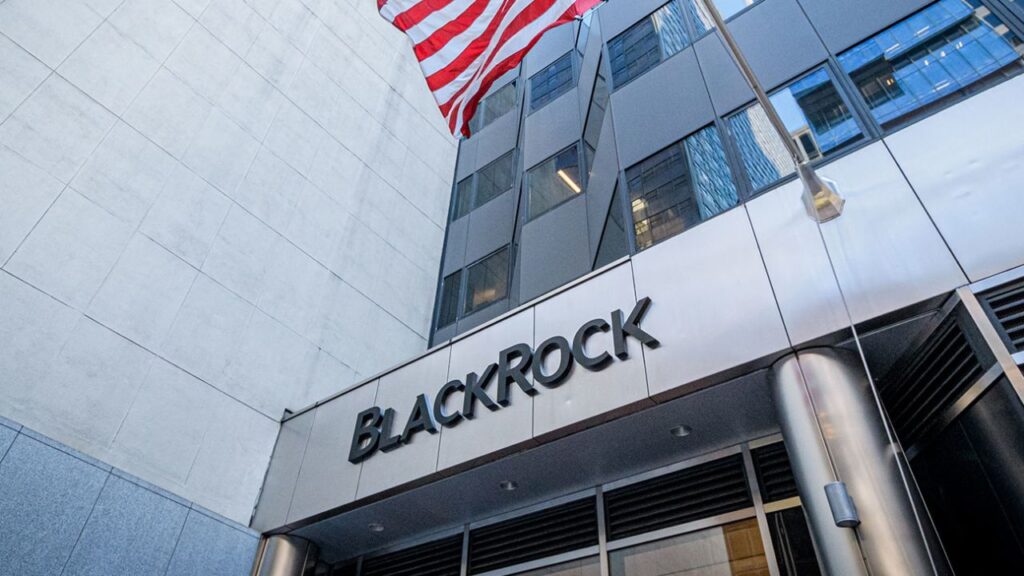Singapore’s central bank, the Monetary Authority of Singapore (MAS), has unveiled new measures to enhance investor protection and market integrity within the cryptocurrency sector.
The MAS recently announced that crypto service providers will be required to hold customer assets in a statutory trust by the end of the year, effectively mitigating the risk of asset loss or misuse and facilitating asset recovery in the event of insolvency.
These custody measures were developed following a public consultation launched in October 2022, which aimed to identify regulatory measures to minimize risks associated with crypto trading.
The MAS received substantial interest from a diverse range of respondents during the consultation process.
READ MORE: Gemini CEO Threatens Legal Action Against DCG Over Delayed Funds
In response to the consultation, the central bank highlighted that a majority of respondents agreed that digital payment token service providers (DPTSPs) should be allowed to pool user assets in the same trust account.
However, some respondents argued that DPTSPs should be required to segregate each customer’s assets in separate blockchain addresses to enhance transparency and verification of holdings.
In addition to custody requirements, the MAS mandated that crypto companies perform daily reconciliation of customer assets and maintain accurate books and records.
DPTSPs must also ensure operational independence of the custody function from other business units and maintain access and operational controls to customers’ digital payment tokens in Singapore.
Furthermore, the MAS is considering a proposal to restrict crypto service providers from facilitating lending or staking of retail customers’ digital payment tokens, while allowing such activities for institutional and accredited investors.
Respondents offered varied suggestions, with some advocating for explicit consent and risk disclosures from retail customers, while others proposed a complete ban on these high-risk and speculative activities.
The MAS emphasized its commitment to monitoring market developments and consumer risk awareness, stating that it would take appropriate steps to ensure the ongoing balance and suitability of its regulatory measures.
These new investor protection measures aim to address industry incidents like the FTX implosion, which resulted in substantial losses for customers.
Furthermore, Singaporean firms were significantly impacted by the crypto lending crisis in 2022, with notable local entities, including Three Arrows Capital and Hodlnaut, going bankrupt during the bear market.
By implementing these measures, Singapore’s central bank seeks to bolster investor confidence and establish a robust framework that safeguards customers’ assets while promoting responsible practices within the cryptocurrency industry.










